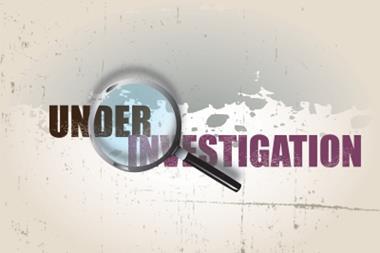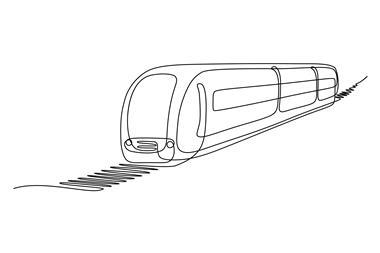Dawn raids may not be that high on most firms’ priorities list, but it pays to be prepared for the eventuality

Q: One of our competitors was recently subject to a dawn raid from the UK competition authorities. As a global business, what kind of strategy should we put in place to plan and prepare for a similar event?
A: Various government authorities or agencies can carry out site investigations (with or without notice), search for documents and ask questions. Such investigations, or “dawn raids”, are rare, but can have serious consequences. Despite the name, dawn raids are usually conducted during usual office hours. All businesses should be prepared to respond to such an event.
Different countries may be subject to jurisdiction-specific requirements and obligations in relation to the powers of authorities during a dawn raid. Outlined below is some generic guidance on what should be considered in addition to country-specific requirements.
It is always important to assess the credentials of the investigators, their authorisation to search and seize and the scope of the search. Frontline staff, for example reception or security staff, are often the first point of contact in a dawn raid and will need specific training and guidance on what to do if they believe such an investigation is about to take place, as inspectors do not always announce the visit as a raid.
If the investigators insist on commencing a site search before it is possible to arrange for legal advisers to assist, several steps can be taken to ensure the process is managed well from the outset. Investigators should not be allowed unsupervised access to your site. However, do not seek to stop them either. It is important to be co-operative with the investigators and remember not to discuss the investigation with anyone outside those people listed on your dawn raid plans.
Identifying, training and assigning specific responsibilities to members of your dawn raid team will help to organise your response. For example, one person might be assigned responsibility to stay with the investigator and make a note of any document requests, any questions asked and responses given and another person will be tasked to make calls to the lawyers, initiate your dawn raid plan, including the involvement of IT colleagues, make copies of any warrants and identification documents and, as required, contact specific individuals the investigators have requested to meet.
Keeping an accurate record of the investigation is essential. Ensure you organise for a copy of all documents requested by the investigators to be made, whether in hard copy or electronic format.
Maintaining privilege is one of the most important legal considerations to take a during dawn raid. If questions arise as to whether a document may be subject to privilege or may be outside the scope of the investigation, ask that it be put aside until your legal advisers can assist.
Other considerations that might be helpful in the context of reviewing your plans include advising employees that documents should not be hidden, destroyed or removed from the premises (including the deletion of emails). Generally, the investigators have the authority to make copies of documents and some agencies have the right to take original documents. In some instances, it might be possible to negotiate to send copies of documents within a reasonable timeframe, rather than keep the investigators on site while this work is undertaken. Likewise, it may be possible to negotiate with the investigator and ask that they make an image of a computer hard drive, rather than remove a computer.
Sticking to the facts
Although investigators are entitled to ask employees questions, these should remain within the scope of the investigation and should generally relate only to locating documents. If possible, employees should not answer questions unless a legal adviser is present to assist and they should not volunteer any additional unnecessary information.
If requested, employees should allow investigators access to their office and electronic and hard copy files. They should not create any additional documents that may relate to the investigation and should discuss the investigation only with the lawyers involved in managing the investigation.
Clear communication with the investigators is essential. Explain your dawn raid processes to the investigators and outline specific details, for example, introducing a dawn raid manager as their point of contact, describing the location of a meeting room or office where they can be based during the search, security and safety arrangements, and providing assistance with the configuration, location and operation of the IT system. If the investigators questions or requests for information are unclear, or if you think that you are being asked a “leading” question, ask them to clarify or rephrase the question. Remember to stick to facts and not provide opinions.
John Gollaglee is a legal director and Karla Cruickshanks is a risk and business continuity manager at DLA Piper UK LLP
Downloads
QA_NOV
PDF




















No comments yet